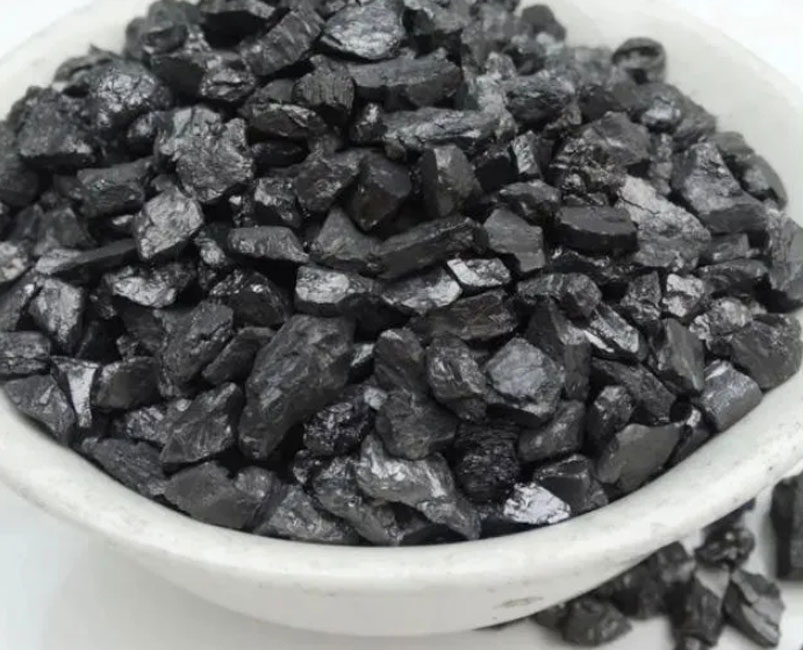
Petrol coke is one of the by-products of refinement of oil. It is made by heating bituminous coal in the absence of air, thereby driving off volatile compounds, and leaving the carbon material as a solid with a high calorific value without being highly reactive. It is used to produce steam and electricity and also for the production of refractory materials and steel and iron.
Petroleum coke has a very high calorific value, and is a low sulfur, smokeless fuel. It produces very little Ash. This makes it a perfect fuel for thermal power plants. However, because of its unique chemical composition, petcoke is subjected to stringent environmental regulations when handling storage, transportation, and combustion. Therefore, the best methods must be followed to reduce the potential impacts of fugitive dust and other contaminants.
Cofiring coal and petcoke in power plants can provide numerous benefits, specifically for gas turbines with a pulverized bed. By reducing the volumetric flow of fuel to the boiler, cofiring dramatically increases the efficiency of boilers and results in lower fuel consumption and lower operating costs.
By lowering the ash content, cofiring of petroleum coke also provides a benefit by enhancing the efficiency of combustion and decreasing NOx and SOx emissions. Furthermore, a decrease in the burden on fans and conveyors related to the transport and combustion of the coke and coal will also reduce costs.

As the price of crude oil continues to rise numerous refineries will be seeking ways to make use of their existing petcoke production capacity to the fullest extent. Gasification is one way to convert petcoke into metallic gas. This technique can reach the goal of leaving no residue and other conversion techniques, such as thermal cracking, catalytic cracked cooking, deasphalting, and hydroprocessing, cannot. They leave a significant amount impurities at the bottom.
Metallurgical coke can be used as an alternative to natural gas for generating electricity, and for producing various metals such as ferroalloys, stainless steel, nickel and Tin. It can also be used to make polymers and chemicals in the petrochemical field.
Testing of calcined petroleum coke samples is critical to the success of commercial transactions, controlling plant operations, and allocating production costs. Test results are compared to the standard reference samples to identify and resolve problems, like coke consistencies, volatiles and moisture, heavy metals and phosphorous.
Moreover, testing of calcined petroleum coke is a way to determine the source of any non-conformances which could impact the quality of products manufactured using it, for example, low-sulfur coke that is not compatible with the specifications of a few downstream processes. In these cases Quality control laboratories can design and implement a test plan to identify the root cause of the non-conformance and recommend corrective actions. This ensures that customers receive consistent, high-quality goods.

Write a Message